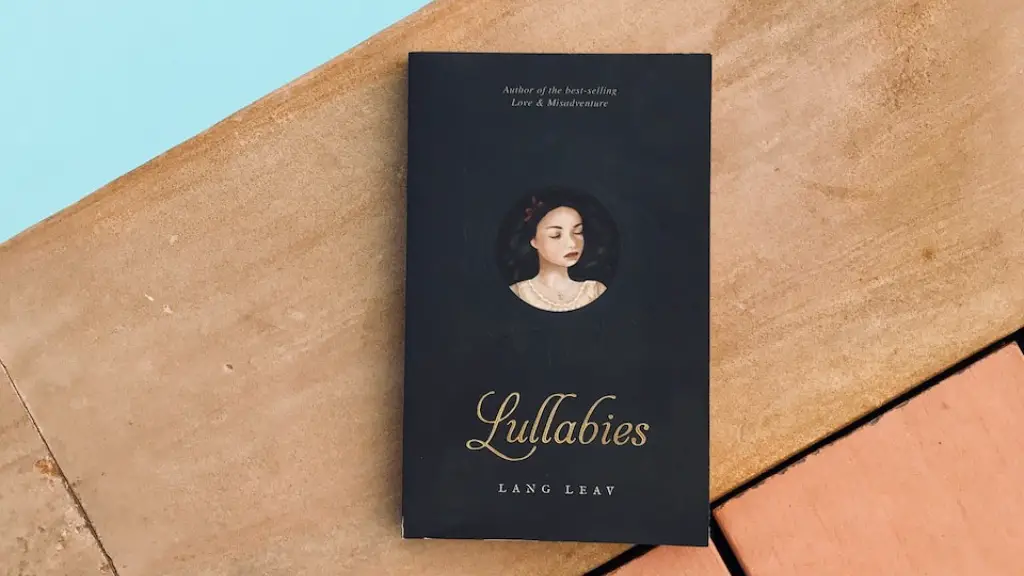Maya Angelou, one of the most influential black women of her time, has long been revered as an example of female empowerment and self-expression. Although she is often considered a feminist icon, her writings, examples, and beliefs cannot be summed up neatly in one single movement. Angelou embraced both strong ideals of feminism and also traditional and conservative values. In essence, she was a “bridge” between two and sometimes conflicting ideologies.
Angelou balanced her respect for the age-old, scientific and philosophical wisdom about femininity with a rejection of sexism and traditional gender roles. She often discussed issues of empowerment, equality, and self-determination for women in her writings, but she also encouraged young people to develop a sense of moral responsibility and personal integrity that she felt was based in traditional values—not despite them. Her stance on the role of women in society then was to do whatever was necessary to create an awareness of individual power and be fully present in whatever situation one was in.
It is important to note that Angelou did not identify as a feminist per se, but her views on gender evolution and female empowerment placed her among them. She held to the view that the traditional roles of motherhood and the domesticated arts were just as important as higher education and a career in the workplace. She spoke often of how women should be valued in many different roles and not judged by the achievements of men in their society.
In her keynotes and interviews, Angelou often discussed her passion for elevate the lives of all women. To her, there was no issue too small to address if it looked to improve the lives of women both nationally and globally. She always spoke out against oppressive systems manufactured to disempower women, though she also recognized the importance of religious beliefs and values.
The most powerful theme central to Maya Angelou’s message was her belief in the power of one’s voice. To her, letting go of the ignorance that silenced and muffled the voices of women for centuries was essential for their emancipation. She strived to provide women with the confidence to express their thoughts and feelings, no matter the subject. Angelou was an advocate of the belief that every voice is valid and every opinion welcome.
At the end of the day, Angelou may not have identified with a particular feminist movement, but her works, messages and beliefs made her an influential feminist icon. Her message of emancipation and the necessity of giving a warm and powerful voice to women was an inspiration to countless women and men around the world.
Open-mindedness
For Maya Angelou, open-mindedness was essential for women’s liberation. Angelou had a long-standing belief that sexuality should not be a source of shame and it was important for women to be able to explore their sexuality and gender in a way that was open. She spoke of the importance of being aware of one’s body and celebrating the differences between men and women, without letting society dictate one’s emotions.
Statements like these made Angelou an advocate for modern feminism. She displayed open-mindedness in her willingness to discuss matters in a non-judgemental way and admired the growing number of feminists who were open to new ways of thinking and were embracing sexual and gender orientations different from the traditional ones. Furthermore, she argued that open-mindedness was a source of female empowerment, allowing women to be heard and seen and reject the traditional roles of passive and weak femininity society had imposed.
Angelou also believed that open-mindedness and embracing difference was essential for enabling different women to come together to form alliances and pursue their common aspirations. By being open with each other and to the world they were able to create real change and make the world a better place.
Finally, Angelou advocated for rejecting a “one size fits all” approach to feminism. She urged feminists and activists from all different backgrounds to be open to new ways of thinking, as she believed that only by allowing for an exchange of ideas could we find solutions to the pressing issues women and society face.
Women’s Education
Maya Angelou was an advocate of women receiving the same education as men and was particularly passionate about the importance of education on the empowerment of women and girls. She was firmly convinced that education gave women the power and confidence to break the chains of oppression that patriarchal and regressive societies had imposed upon them.
Angelou was an advocate for the importance of getting a postsecondary education and access to learning that was unrestricted by race, class, or gender. She held to the view that through education, women would gain the power to raise their voice and be heard, contribute to the public discourse, and reclaim their position in society.
Education was a subject close to Angelou’s heart, and she was a strong advocate of educational reform and the provision of greater educational opportunities for girls to ensure they would be on equal standing with men later in their lives. To this day, Angelou’s words remain widely quoted as exceptionally poignant and encouraging words of motivation and ambition.
Undeniably, gaining a post-secondary education is a key factor in empowering women, and though Angelou didn’t label herself as a feminist, she remains an icon of female power and ambition that many applaud. Her views on education, in combination with her positive views of womanhood, make her a powerful and iconic example of female advocacy.
Women’s Self-determination
Maya Angelou was a fervent believer in personal autonomy and self-determination for women. To Angelou, it was essential for women to be self-aware and to have the self-determination to take charge of their lives and destiny. She held to the view that true autonomy and identity would be found in the rejection of both traditional gender roles and traditional feminine powerlessness.
Angelou advocated for being responsible for one’s own destiny, rejecting oppressive systems that robbed women of their power, courage, and position in society. Crucially, she encouraged seeking autonomy within one’s individual circumstances and centering it to develop one’s character and strength of spirit.
It was Angelou’s belief that women were capable of having full control over their behavior and shaping their own journeys, untethered from the expectations society had placed on them. Self-determination was and continues to be a key message of many feminist movers and Angelou was no exception. Her influence on the matter was unmistakable.
Angelou was a firm believer that the key to women’s autonomy lied in reclaiming their power and standing firm on the decisions they made in the pursuit of their individual aspirations. In her works, she continually speaks of the need for self-determination and the power of personal progress. Thus, though she may not have necessarily identified as an active feminist, she remained a powerful example of female strength and autonomy.
Independence
Maya Angelou was a powerful proponent of female independence. To her, this meant that women should not be dependent on a man, either emotionally or financially. In her writings, she often discussed the importance of being self-reliant and aware of one’s power to shape their own lives, no matter the circumstance or the place in society.
When this message was combined with Angelou’s passion for education, emotional intelligence, and self-determination – it can be seen why she was an advocate for independence and women empowerment. By advocating a healthy lifestyle and being in control of one’s decisions, she worked hard to remind women of their worth and potential.
Angelou’s position on independence not only challenged traditional roles of femininity and women’s position in society, but also the notion of seeking happiness outside oneself. To Angelou, true happiness was to be limited in one’s words, relationships and commitment to one’s goals driven by the power of self-determination.
This message resonates with those who identify as feminists and was part of Angelou’s efforts to remind women of their worth and freedoms. She was a strong believer in personal autonomy and independence, and often called on women to stand firm on their decisions and trust their own judgement.
Role Models
Maya Angelou was a deeply inspiring icon and role model for many women and girls. Her words of wisdom and advice to those around her continuously showcased her commitment to both the bigger societal picture and individuals’ possibilities. Her words and actions impacted both local and global concerns equally and made her a global phenomenon.
Angelou believed in finding strong role models and mentors to help create a strong foundation of knowledge and respect that would benefit both parties. She was a source of leadership and inspiration to countless young women, and never stopped working to encourage women to orient their lives around their unique strengths and resources.
Angelou was a great believer in utilizing one’s hidden potential and in allowing for personal ambition and growth to blossom unchecked. To her, successful leadership was often found amongst those who defied the expectations of society and looked to carve out their own paths of greatness.
Inspiring individuals to excel in life was a powerful message that Angelou spread around the world, and it has continued to be a resounding point in mainstream society today. When striving for a life full of meaning, Angelou’s advice and words will always continue to be heard and respected.





